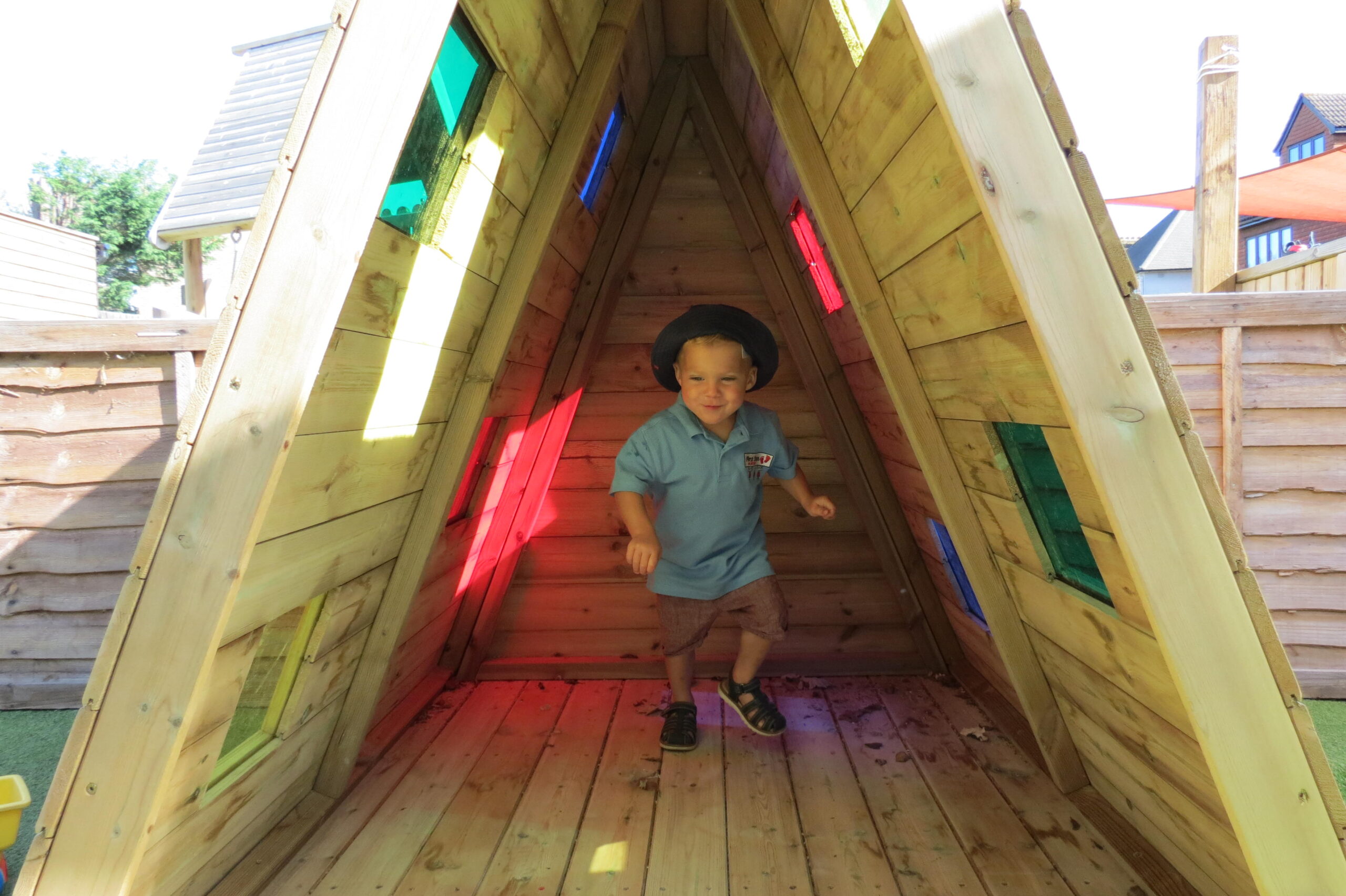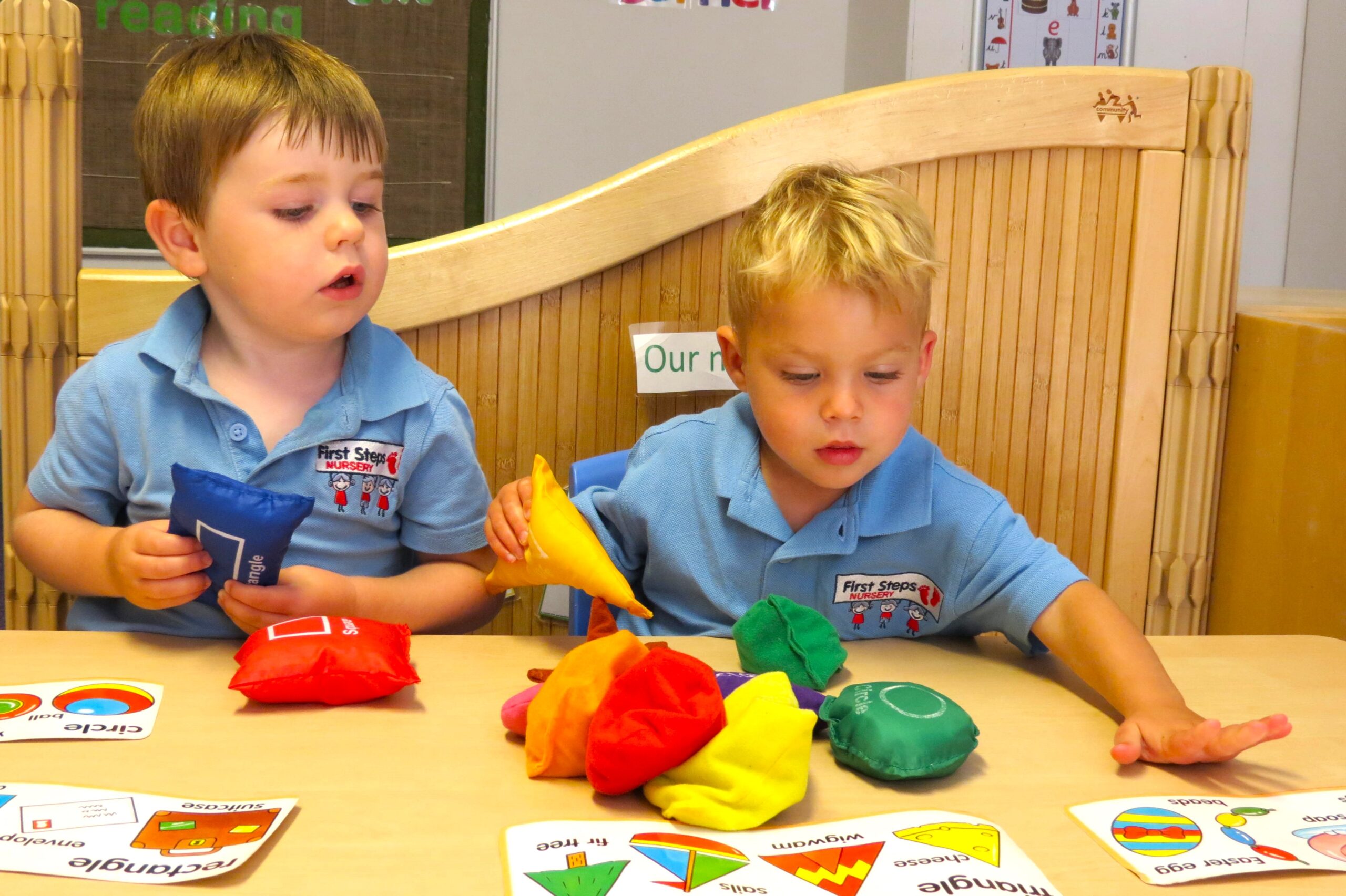Our Curriculum
Learning through fun, play and exploring!
At First Steps we encourage children to learn through fun, play and exploration. Our children are provided with opportunities to encourage and develop their social skills, self-confidence and independence through the planning of activities for each age range to encourage learning through play.
As part of the Early Years Foundation Stage (EYFS) framework our curriculum covers all areas of learning. These areas play a critical part in children’s learning and development, building their confidence at their own pace, form friendships and allowing each child to be creative and imaginative whilst thriving at nursery.
Along with all nurseries we follow the EYFS framework which sets the standards to ensure that children learn and develop well and are kept healthy and safe. As part of the framework we organise fun learning activities for the children.
Within the Framework practitioners provide activities based on the seven areas of learning: 3 Prime Areas and 4 Specific Areas. The characteristics of learning are…
Communication & Language
This involves all children having the opportunity to experience an environment rich with language, develop confidence to express their feelings and needs and to listen and speak to others in a variety of social situations.
Physical Development
This involves all children having the opportunity to interact and be active in their learning and develop control, movement and coordination. Children learn about the importance of physical activity and to make healthy choices when it comes to food times.
Personal, Social & Emotional Development
This involves encouraging children to develop a positive sense of themselves and of other people. To form strong friendships and develop respect for others, for their social skills and learning how to manage their feelings. This also supports children to develop confidence in themselves and understand appropriate behaviour.
Literacy
This involves encouraging children to develop a positive sense of themselves and of other people. To form strong friendships and develop respect for others, for their social skills and learning how to manage their feelings.
Mathematics
This allows children the opportunity to develop and improve on counting skills, using and understanding numbers, calculating simple adding and subtracting problems and being able to describe shapes, space and measures.
Expressive Arts & Design
This enables children to share thoughts, ideas and feelings through a variety of activities in music, dance, movement, art, role-play, design and technology. Children can explore and play with a wide range of media and materials.
Understanding The World
This involves children observing and finding out about people, places, technology and the environment through opportunities to explore and make sense of the world around them and their community.
Here are some videos of Storytime with Roz who is a member of the baby room team.
We hope you enjoy listening to Roz with your little one.


